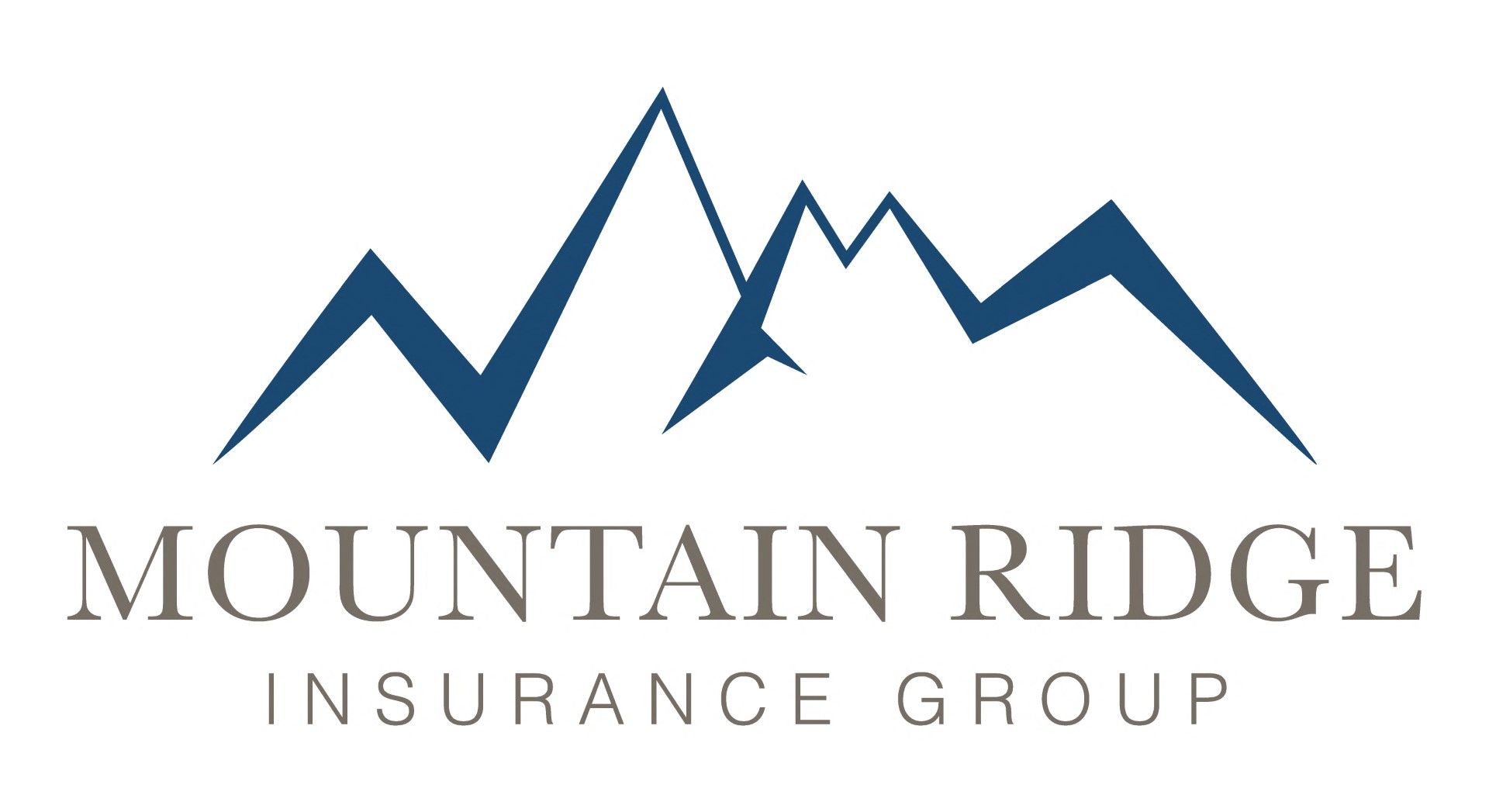Running a small business comes with a unique set of challenges and risks, but having the right insurance coverage in place can provide valuable protection and peace of mind. From liability and property damage to employee injuries and cyber threats, small businesses face a myriad of potential risks that could jeopardize their financial stability. At Mountain Ridge Insurance, we understand the importance of comprehensive small business insurance coverage tailored to your needs.
Types of Small Business Insurance
Small business insurance is essential for protecting your company against various risks and uncertainties. Common types of small business insurance include General Liability Insurance, which covers legal expenses and damages related to accidents, injuries, and claims of negligence. Property Insurance protects your physical assets, such as buildings and equipment, against damage or theft.
Business Interruption Insurance compensates for lost income if your business operations are disrupted due to a covered event. Workers’ Compensation Insurance provides medical benefits and wage replacement to employees injured on the job. Professional Liability Insurance, also known as Errors and Omissions (E&O) Insurance, covers legal costs related to professional mistakes or negligence.
Additionally, Cyber Liability Insurance protects against data breaches and cyber-attacks, while Product Liability Insurance covers damages caused by defective products. Each type of insurance addresses specific risks, helping ensure your business remains resilient and secure.
1. Assess Your Risks

Before you start shopping for insurance coverage, take the time to assess the specific risks faced by your small business. Consider factors such as your industry, the size of your workforce, the nature of your operations, and any unique liabilities or exposures. This will help you identify the types of insurance coverage you need to adequately protect your business assets and mitigate potential losses.
2. Understand Your Insurance Options
Small businesses have a wide range of insurance options to choose from, including general liability, property insurance, commercial auto insurance, workers’ compensation, and more. Take the time to familiarize yourself with the different types of insurance coverage available and determine which ones are essential for your business. Depending on your industry and location, you may also need specialized coverage such as cyber liability insurance or professional liability insurance.
3. Work with an Experienced Agent
Navigating the complexities of small business insurance can be challenging, especially if you’re unfamiliar with insurance terminology and coverage options. That’s why it’s essential to work with an experienced insurance agent who specializes in commercial insurance for small businesses. An agent can assess your insurance needs, help you understand your coverage options, and tailor a policy that provides comprehensive protection at an affordable price.
4. Bundle Your Policies

Many insurance companies offer discounts for bundling multiple insurance policies together under a single package, known as a Business Owners Policy (BOP). Bundling your insurance policies can not only save you money on premiums but also streamline the insurance process by consolidating your coverage with a single provider. Be sure to ask your insurance agent about bundling options to maximize your savings and simplify your insurance management.
5. Review and Update Your Coverage Regularly
As your small business evolves and grows, so too do your insurance needs. It’s essential to review your insurance coverage regularly to ensure that it remains adequate and up-to-date. Factors such as changes in revenue, expansion into new markets, and the introduction of new products or services can impact your insurance requirements. Schedule annual reviews with your insurance agent to assess your coverage needs and make any necessary adjustments.
6. Prioritize Cybersecurity

In today’s digital age, cybersecurity is a top concern for small businesses, as data breaches and cyber-attacks can have devastating consequences. Make sure to prioritize cybersecurity measures and consider investing in cyber liability insurance to protect your business against cyber threats. Cyber liability insurance can help cover the costs associated with data breaches, including legal fees, notification expenses, and data recovery costs.
Securing the best small business insurance coverage is essential for protecting your enterprise against a wide range of risks and liabilities. By assessing your risks, understanding your insurance options, working with an experienced agent, bundling your policies, reviewing your coverage regularly, and prioritizing cybersecurity, you can ensure that your small business is well-protected and prepared for whatever the future may hold. At Mountain Ridge Insurance, we’re here to help you navigate the complexities of small business insurance and find the right coverage for your unique needs. Contact us today to get started!

